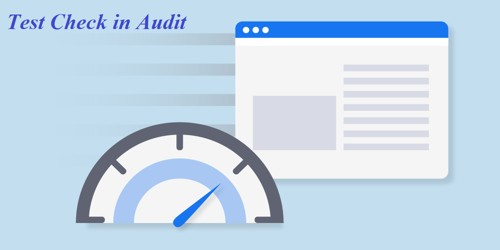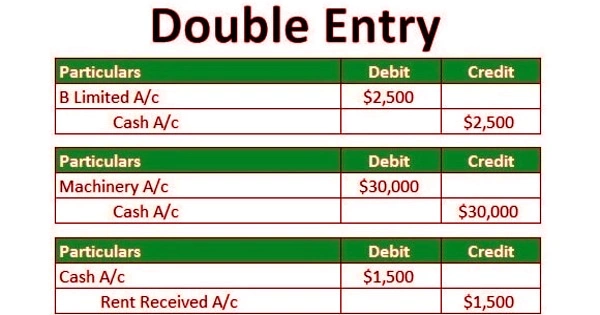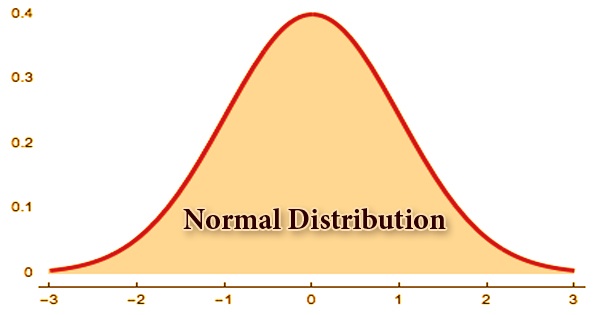Test checking is a process of selecting and checking of a few transactions from a large volume of transactions. It is also known as “Selective Verification” or “Sampling Process”. It is an acceptable substitute of detailed checking, which in most of the cases from the economic point of view is unwarranted.
Advantages of Test Check
Following advantages can be obtained while applying test check:
- Test check helps an auditor to complete work in less time because a test of a few transactions can be made. It is one of the technique which reduces time, cost and energy of both the auditor and the client.
- The work of an auditor is reduced considerably as he checks only a few transactions, extra time available can be utilized for concentrating on areas of considerable importance. An auditor can complete the work of audit of various organizations within a stipulated time.
- Test check saves labor, time and cost of an auditor. So, an auditor can check in detail the specific items rather than checking similar items. It enables the auditor to complete the work quickly as the auditor checks only a few or limited transactions.
- Test check gives assurance of the accuracy and reliability of transactions to some extent. It can be effective if the auditor selects the transaction to be checked carefully.
- Accounting staffs remain alert and careful because auditor checks the transactions of various times on a random basis. It serves as a guide for the auditor to arrive at conclusion regarding the true and fair view of the state of affairs of the business.
Disadvantages of Test Check
- It is a traditional auditing technique where no scientific approach is used in selecting the samples, hence the results drawn on it tends to be incorrect. There are chances of living errors and frauds because transactions with frauds may be left out from audit.
- It is not possible to measure the amount of risk involved. The result presented by income statement may be incorrect and report presented to the management may not be true due to the use of test check.
- Test check increases the responsibility of auditor because an auditor should be responsible for the undetected errors and frauds due to application of test check. The audit assistants select only simple transactions for checking and complicated transactions are left omitted.
- Test check is not a suitable method for the audit of small organizations. When it is adopted by the auditor there are a possibility of errors and frauds left undetected.
- The auditor cannot adopt a test check when there is no proper system of internal check and control in operation.
Information Source:
















